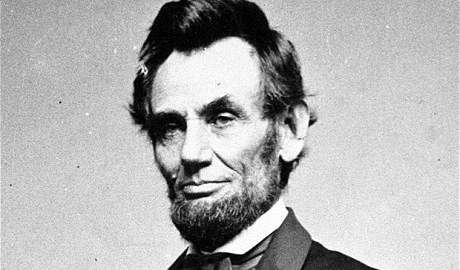Lessons from Lincoln: Adversity as a Fantastic Conscious Classroom

Why did Lincoln make a great president? The most important aspect an effective leader is how he learned from his own setbacks – how he learned from failure, how he learned from shame. He consistently said to himself, “What am I to make of this moment and its disappointments that I can use later on either to avoid the mistake or to move me along a path that I believe is the right one for myself?”
That kind of emotional awareness, that kind of explicit, reflective, conversation with himself is how he used all the adverse classrooms, from his mother’s death when he was nine to all those lost elections, to suicidal depressions. There were suicidal at moments including some in the White House. How he used all those conversations with himself has more than any other factor, really has bearing on why he managed the country and himself through the Civil War in the interest of saving the union.
And then he said, “By goodness, this bloodbath has to mean something more. How do we redefine the American Experiment, the last hope of man on Earth?” So that’s a story of adversity as a fantastic conscious classroom.
In Their Own Words is recorded in Big Think’s studio.
Image courtesy of Shutterstock





